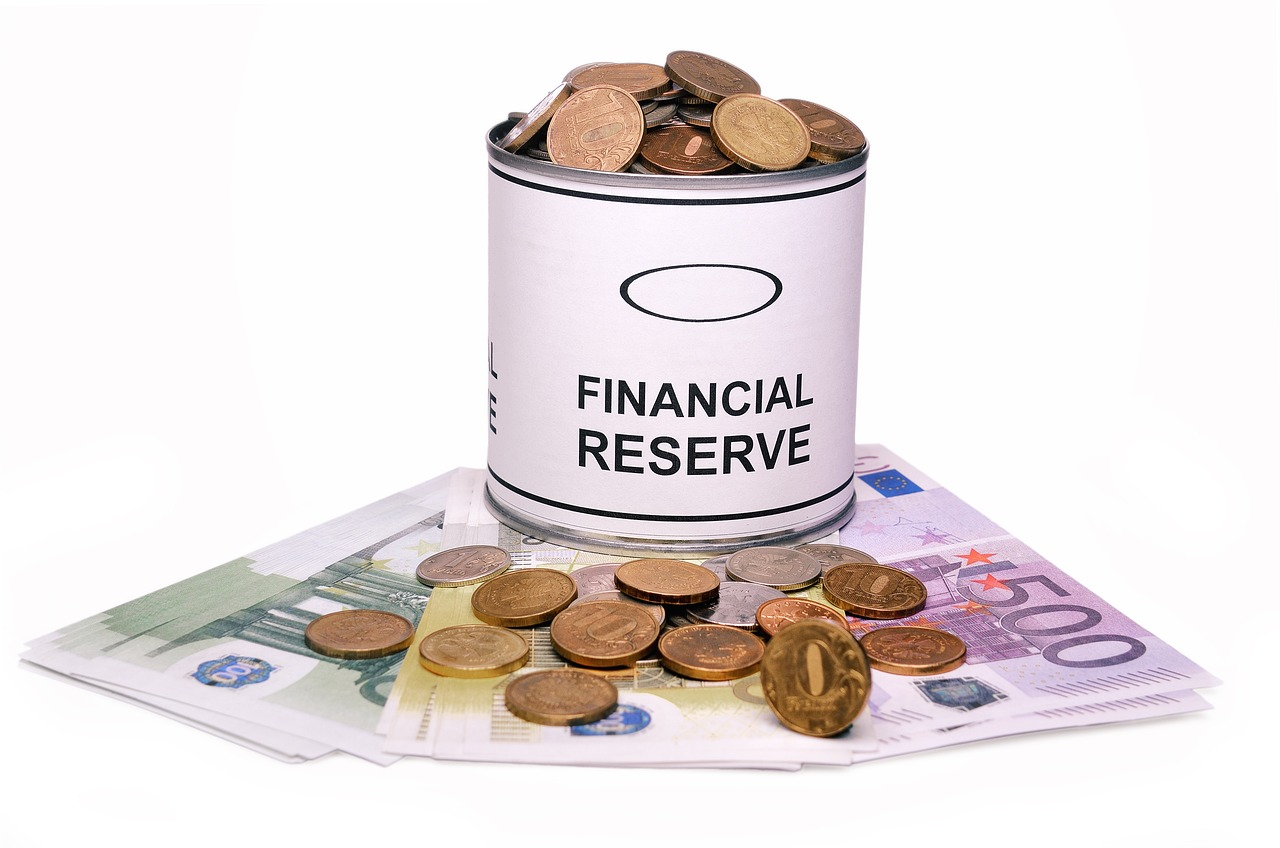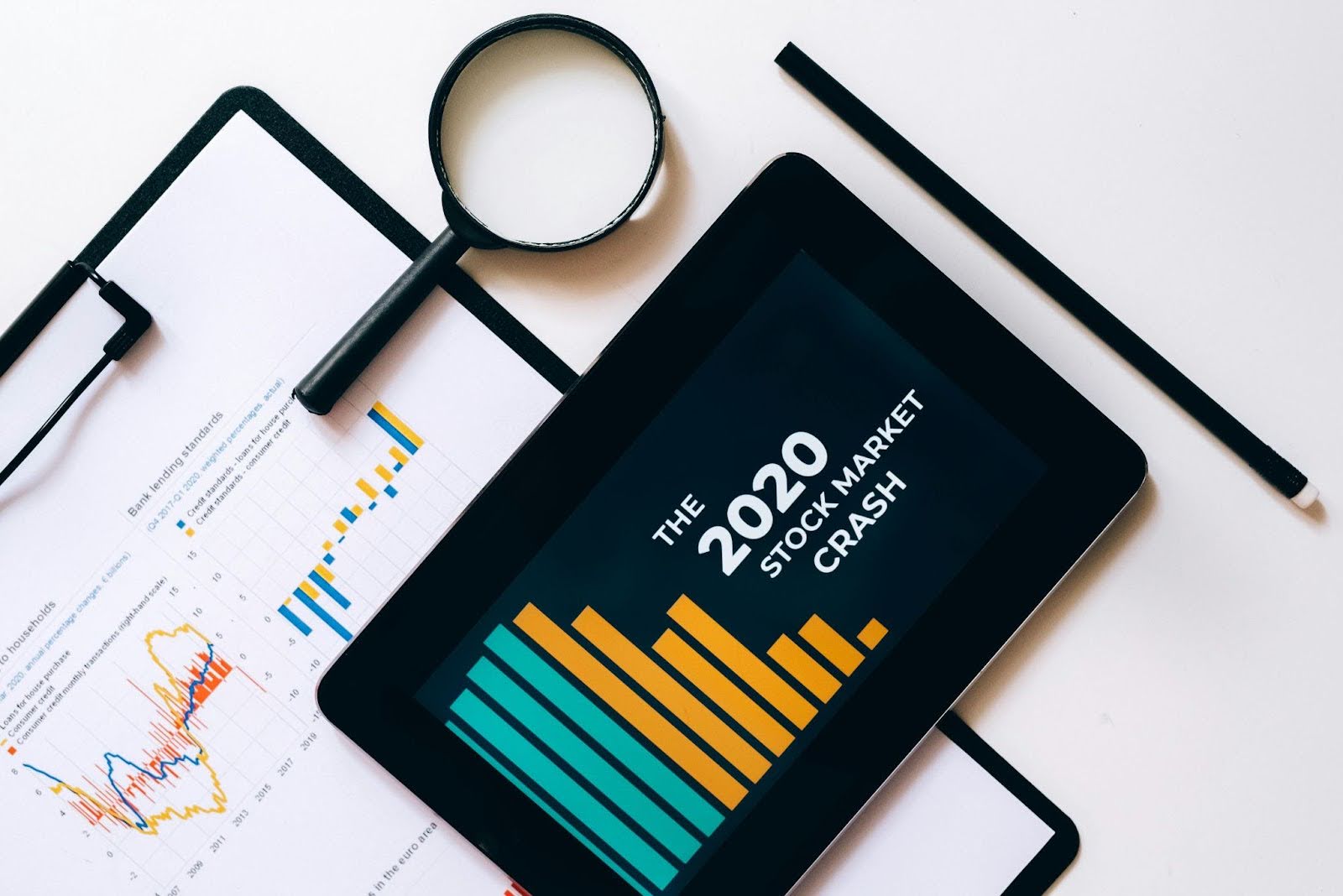Personal Finance for Africans Living and Working in the Middle East: Saving and Budgeting
Published on by FulusAfrica Team

For a lot of us, emigrating to the Middle East has secured our financial future and improved the lives of loved ones back home.
The work we do feeds our families, puts them through school and wipes away the indignity of poverty. But the sad reality is that financial responsibilities often outweigh the paycheck.
Four Successful Ways to Manage Finances in 2025
Master your finances in 2025 with these four proven strategies Learn how to budget save invest and plan for longterm financial success
Read More →There is often little left for saving, investment and even financial growth.
But fear not, your dream of coming back home with enough money to start a business, build a home or just live comfortably is closer than you think.
Here’s some saving advice for Africans in the Middle East to ensure your financial security.
Tips for saving money in the Middle East.
-
It's Not About What You Earn, But How Well You Manage It.
The first thing to keep in mind is how much money you make and where it goes.
For some of us, income is more than just the salary; it can include allowances, bonuses, or any other financial benefits your job might offer. Calculating this can help you determine what to save, what to use and where to cut your spending.
Tip: Create a simple spreadsheet or use a budgeting app to track your income and expenses. This will give you a clear picture of your financial situation.
-
Set Clear Financial Goals.
Granted, most of us enter the workforce without proper financial education.
But, having clear financial goals will make the difference between you coming back home with only Ksh 40,000 and making solid investments that continue to generate income for you through the years.
You can start by asking yourself what you want to achieve with your money.
Do you want to build a house, invest in property, or build an emergency fund? Setting clear, achievable financial goals will give you direction and purpose in managing your money.
From the Gulf to Kenya: A Guide to Managing Finances During Your Return
Returning from the Gulf to Kenya Discover a comprehensive guide to managing your finances budgeting and planning for a smooth transition home
Read More →For clarity, have a figure in mind. Do you want to save Ksh 200,000 for your child's education or invest Ksh 50,000? Once you have the figure, work backwards.
How many months will you need to work to save the amount? What is the minimum you will need to save every month to achieve your goal in one year? What will you need to invest in to generate additional income that will help you get to your goal?
Tip: Break down your goals into specific amounts and timelines. For instance, instead of just saying, "I want to save for a house," decide how much you need and by when.
-
Create a Budget
Budgeting is all about planning how you'll spend your money each month. A good budget ensures that you're covering your essentials (rent, food, utilities, and sending money back home) while also setting aside money for savings and discretionary spending.
Here are some Budgeting tips for African workers abroad:
-
List your income – Calculate your total monthly income.
-
Automate your savings and investments - Set up automatic transfers from your paycheck to a dedicated savings or investment account.
-
List your expenses – Start with fixed expenses like rent and utilities, and the obligatory black tax that helps your family survive, then move to variable ones like food and entertainment.
-
Set your savings goals – Decide how much you want to save each month. This should be a non-negotiable part of your budget.
-
Balance your budget – Make sure your expenses don't exceed your income. If they do, identify areas where you can cut back.
Tip: Use the 50/30/20 rule as a guideline – allocate 50% of your income to needs, 30% to wants, and 20% to savings.
-
Prioritize Saving
Most African households preach the gospel of saving for a rainy day for one simple reason, saving money is the cornerstone of financial security.
How To Deal With Financial Anxiety.
Learn practical strategies to deal with financial anxiety and reduce moneyrelated stress Take control of your finances and improve your mental wellbeing
Read More →Whether you're saving for short-term needs, like sending money home or building an emergency fund, or long-term goals, like retirement, making saving a priority is essential.
Unfortunately, it can be a bit stressful if you have too many responsibilities but there are simple steps that can help you build your savings slowly.
-
Start saving for an emergency Fund. This fund helps offset any financial emergencies that would otherwise cripple you financially. These can include medical emergencies or the loss of a job (maybe from deportation). The standard plan is to have about 3-6 months’ worth of expenses such as food, rent, school fees, etc. The goal is to be able to survive if your income is interrupted. This little nest egg can be built over time, especially if you have a lot of responsibilities, consider just putting away a small/negligible portion until it builds up.
-
Open a regular Savings account. This could be for planned expenses like a vacation or a big purchase. This allows you to plan for any financial milestones.
-
Create an Investment account. Consider putting some of your savings into investments that can grow over time, like stocks, bonds, money market funds, or real estate.
Tip: Automate your savings by setting up a direct transfer from your salary account to your savings account every month. This way, you're saving before you even think about spending.
-
Be Aware of Currency Exchange and Remittance Costs
As an African working in the Middle East, you're likely sending money home regularly.
Understanding the costs associated with currency exchange and remittance services is crucial. These costs can add up and eat into the money you send back.
Tip: Research different remittance services and choose one with the lowest fees and the best exchange rates.
Consider sending money home when exchange rates are favourable to get the most out of your hard-earned cash.
Pro Tip: Join Fulus Africa To Stay Ahead Of Your Finances.
The world of personal finance is always evolving, and the more you know, the better decisions you can make. Which is why Fulus Africa exists.
We offer financial advice and help migrants living in the Middle East manage their money and make prudent investments.
Mental Health Awareness for African Migrant Workers in The Middle East
Highlighting mental health awareness for African migrant workers in the Middle East Explore challenges support systems and the importance of mental wellbeing
Read More →Join our online community for a chance to learn how to save and invest money while working in the Middle East.





No comments yet.